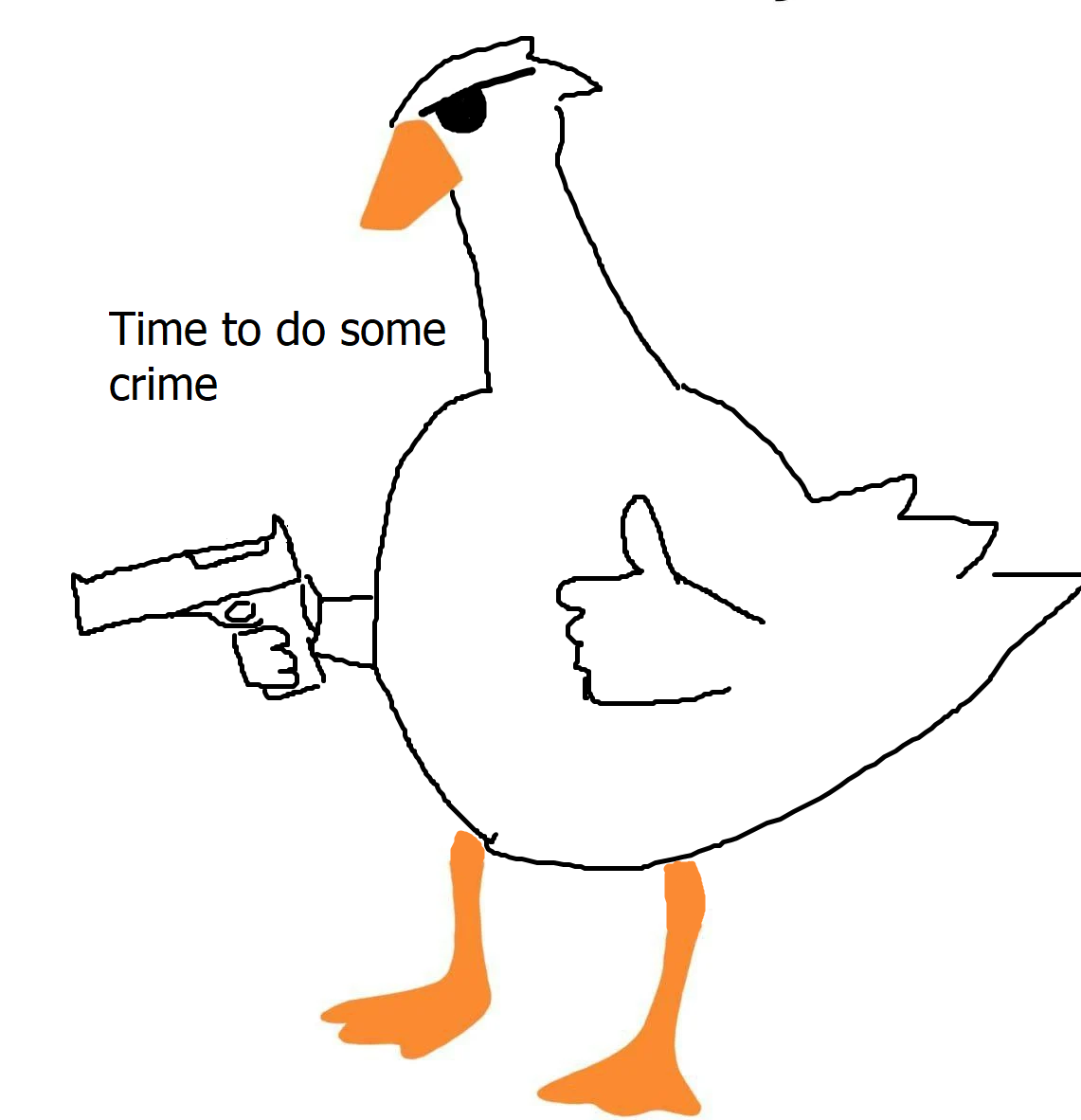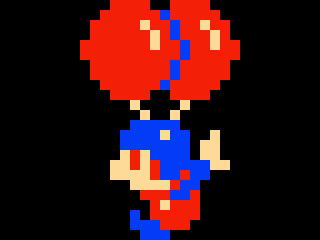In such a case, will the concept of money be wiped out from existence ?
Depends on how much of our needs would be covered. Not needing to work to survive is different from not needing to work to live a comfortable life which is again different from living a luxurious life.
As someone who wholeheartedly supports Universal Basic Income, it should not let a person live a life of luxury. UBI should buy away all the poor though
Nah, I want Star Trek style post-scarcity.
And I want a Star Wars style lightsaber but let’s be realistic
Our perception of poverty and luxury would rapidly change. Food and roof over head alone would quickly be considered inadequate.
Just look how in the rich parts of the world we consider running water, sewage, electricity and internet as something non-negotiable. In some places those are still luxury.
Which is why jobs will still be a thing. You can climb the ladder of luxury all you want.
This!!
It’s called Star Trek
The economy in Star Trek is probably the simplest problem they’ve solved.
Well, if you knew that for the rest of your life you would have a home, clothing, food and water, internet and some spending money, what would you do with your time?
Many people would probably just relish doing nothing productive at all, like most animals in nature do when they have no immediate needs.
All that free time would probably inspire a renaissance of art and philosophy, probably personal education too, after all, you can do plenty of thinking on various topics if you have all day to do whatever you are in the mood for. But ultimately we would still need a real outlet for our creative and constructive urges, a way to meaningfully occupy our time.
Ultimately we would need a true common cause again that everyone can share in, like Starfleet in Trek is for mankind. A new frontier, exploration and discovery like humanity has not known since we first started sailing our oceans to seek out the unknown. And not just for elite astronauts, for everyone.
Would depend how it’s achieved. The most realistic way would be through mass automation, but the question is now “who owns the machines that produce everything?” A minority controlling these means of production would mean the rest of the world is at their mercy. If they manage to maintain their ownership (though a fully automated defense force, I guess), they can have the rest of the world doing whatever they want… But what do they need these people for then? All they are is a threat, as they are prone to revolt. Genocide seems like a handy option if the elites are sufficiently ruthless, but it would be hard to put in place; there are many people in the world and they can be inventive when fighting for their lives. Beside, there would probably be several such elite groups, still divided in different country; one who starts building large armies and stacking weapons might attract hostility from their neighbors. Providing the people with their needs to pacify them? Sure, but what if they want more? Or what if they make their own automated armies with the free time they have not worrying about starvation? Keeping them occupied seems safer. Why not invent some bogus job that doesn’t actually need to be done and have them believe they still need to earn their living? That could solve the problem from the elite’s point of view. So basically, no change for the people.
With collective ownership of the means of production and an egalitarian spread of wealth, it could be cool tho. People would just do whatever they want, many would still probably undertake collective project, either to further better life of for the fun of it. There could still be forms of conflicts about how some things are managed and by whom, tho…
We’d be forced to anyway
Star Trek would happen
I don’t think that everyone will stop working just because they can. Even if everything even non essential goods would be provided for everyone, we would still produce luxury good, arts and services. So it would in the best case evolve into something like market socialism where everyone profits of of the chance to never have to work again. In the worst case we would be stuck with a system where few hold these unlimited resources and make people work by holding back essential goods despite being abled to provide for everyone. In both situations I think money would probably still play a role.
Time will become the currency if other resources are unlimited.
Time keeps moving forward, and you cannot go back to the past.
The art we made would be amazing… and we’d instantly see life spans and QoL skyrocket.
Working is bad for your health.
Someone would start to make or do something for fun. Someone else would see it and want one. A market is born. They try bartering for a while, that gets too complicated, then someone remembers money worked pretty well for exchanging goods and services.
Not necessarily. Lots of people already release their “fun” things they make for free. If you had all your needs taken care of, you could release anything you made for free a lot more easily.
That being said, there will always be limits even if you don’t have to work, there are only so many major sports teams that can be owned by a single person. There can only be so many stays per night at fancy hotels in a particular city.
Even with biological needs satisfied human society creates social\cultural ‘needs’ that people will fight\work just as hard to acquire or maintain. ‘Keeping up with the Jones’ can create demand for literally anything. Unless we each get a genie that grants our every wish, we’ll find something to compete over and markets will develop around those.
Universal Basic Income should buy away the poor and make sure everyone is comfortable. Bartering with earned money is still allowed.
Historically, barter only tends to appear in communities used to a monetary economy when something temporarily disrupts the currency system. The more common pattern of commerce within communities not previously accustomed to currency is that goods are given in one direction at a time, and incur an informal social debt that may be eventually be repaid with reciprocal goods or by some other means entirely (e.g., support during community disputes).
I’d stop spending all my time on trying to survive and poor all my hours into work I want to do instead of have to do. I have a ton of stuff I’d actually want to do that are very definately work but I can’t make a living doing it, so I don’t!
Finally we’ll get to some serious space exploration and and other scientific breakthroughs. I’m sure there is plenty of crap to compete with out there.
these people had a beautiful idea:
https://www.thevenusproject.com/
This plus benevolent AI = utopia. and we could be building it now, but capitalism is going to kill all of us instead. arm yourselves if you want to see life on this planet last another century.
Speculating about the disappearance of money would be like speculating about disappearance of a thermomether. Even if every specimen were to be destroyed, someone would reinvent it.
Even if all basic needs are to be taken care of, somebody would always come up with something more. Other people would naturally want it. That would quickly lead to a realization that there is something like a value, and also a need to measure it somehow.
Could be pieces of seashells we exchange directly, or a massive database of who makes what for whom, but the result is the same.









